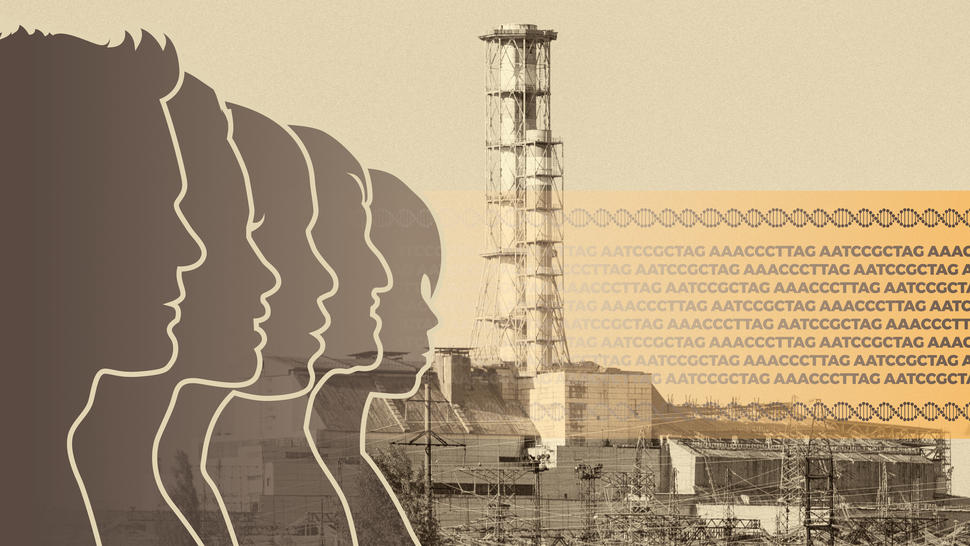International Research Teams Explore Genetic Effects of Chornobyl Radiation
In two landmark studies, researchers have used cutting-edge genomic tools to investigate the potential health effects of exposure to ionizing radiation, a known carcinogen, from the 1986 accident at the Chornobyl nuclear power plant in northern Ukraine. One study found no evidence that radiation exposure to parents resulted in new genetic changes being passed from parent to child. The second study documented the genetic changes in the tumors of people who developed thyroid cancer after being exposed as children or fetuses to the radiation released by the accident.
The findings, published around the 35th anniversary of the disaster, are from international teams of investigators led by researchers at the National Cancer Institute (NCI), part of the National Institutes of Health. The studies were published online in Science on April 22.
Read the full NCI press release.
Yeager M et al. Lack of transgenerational effects of ionizing radiation exposure in cleanup workers and evacuees of the Chornobyl accident Science 2021.
Morton LM et al. Radiation-related genomic profile of papillary thyroid cancer after the Chornobyl accident Science 2021.
